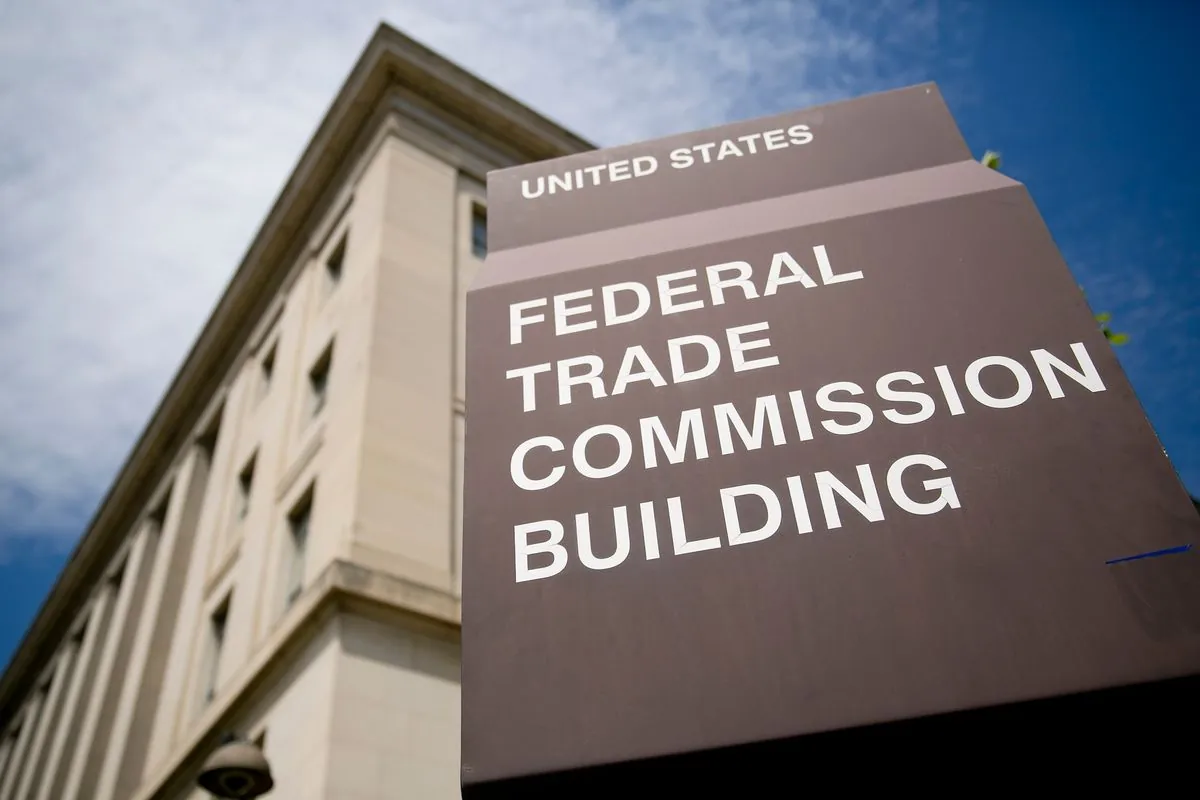FTC Probes AI-Driven Pricing Practices of Major Companies
FTC launches study on targeted pricing products, ordering eight companies to provide information. Concerns raised about "surveillance pricing" and potential exploitation of consumer data.

The Federal Trade Commission (FTC) has initiated a comprehensive study into products that enable companies to set personalized prices based on consumer data. This investigation, announced on July 23, 2024, targets eight prominent firms, including Mastercard, JPMorgan Chase, and Accenture.
The FTC, established in 1914 to combat unfair competition, is now focusing on the modern challenge of data-driven pricing. The agency has requested information from the selected companies about their targeted pricing products, data usage, client base, and pricing impacts.
Lina Khan, FTC Chair, emphasized the study's goal to illuminate the "shadowy ecosystem of pricing middlemen." Khan expressed concerns about potential privacy risks and price exploitation stemming from the vast collection of personal information.

The investigation encompasses various sectors, including financial services, consulting, and software providers. Mastercard, founded in 1966, and JPMorgan Chase, formed in 2000, are among the financial giants under scrutiny. Accenture, established in 1989, and McKinsey & Co., dating back to 1926, represent the consulting industry in this probe.
"Firms that harvest Americans' personal data can put people's privacy at risk. Now firms could be exploiting this vast trove of personal information to charge people higher prices."
The FTC's action reflects growing concerns about the intersection of artificial intelligence, a term coined in 1956, and consumer pricing. The agency is particularly interested in how companies might use technologies similar to those employed in online advertising, which has been personalizing content since the first online ad appeared in 1994.
This investigation aligns with broader regulatory efforts to protect consumer privacy. The FTC is already considering rules to limit data collection without consent, while the Consumer Financial Protection Bureau, created in 2011, is exploring additional privacy protections.
Consumer advocates, including R.J. Cross from the U.S. Public Interest Research Group (PIRG), have raised alarms about fairness and privacy issues related to these pricing practices. Notably, PIRG and other organizations urged Mastercard last year to restrict its use of cardholder data.
The FTC's study comes amid growing global awareness of data protection, exemplified by the EU's General Data Protection Regulation (GDPR) implemented in 2018. As the concept of "big data" continues to evolve since its emergence in the early 2000s, regulators are grappling with its implications for consumer rights and market fairness.
While the FTC has not accused any company of wrongdoing, this investigation marks a significant step in understanding and potentially regulating the complex landscape of data-driven pricing strategies.


































